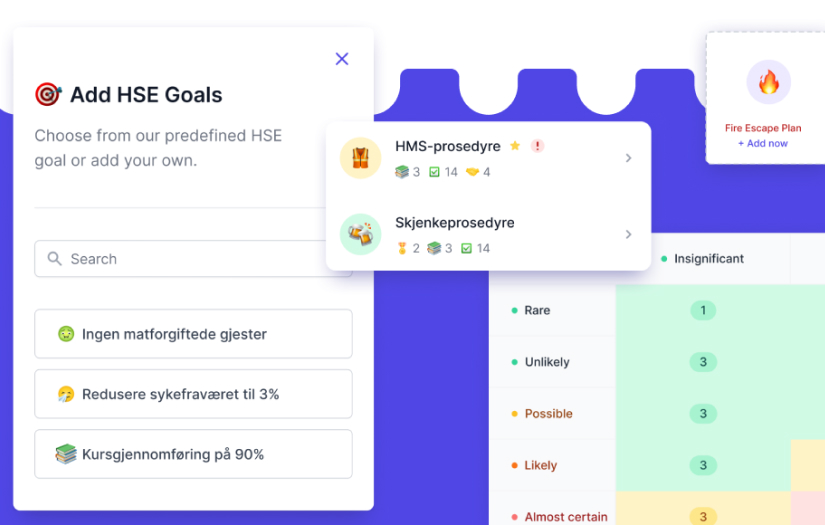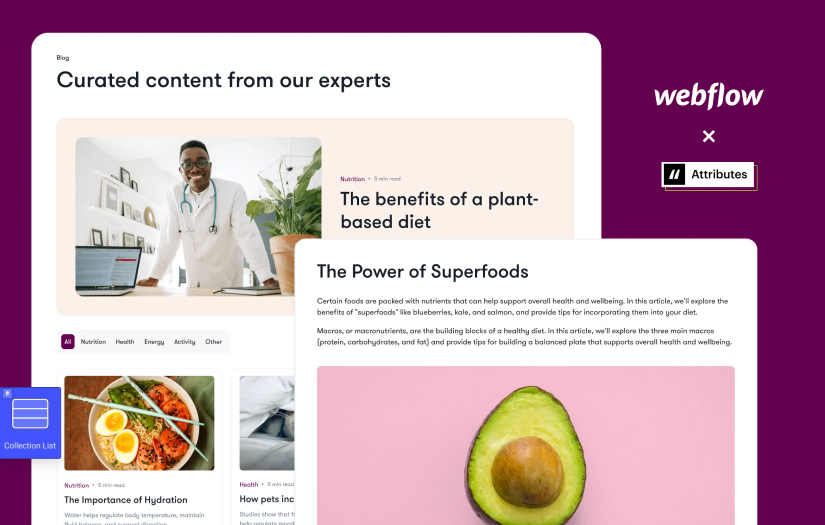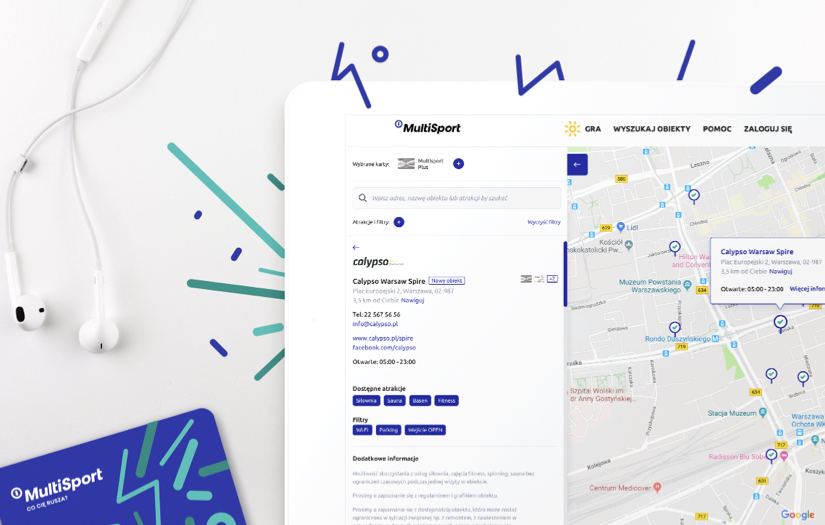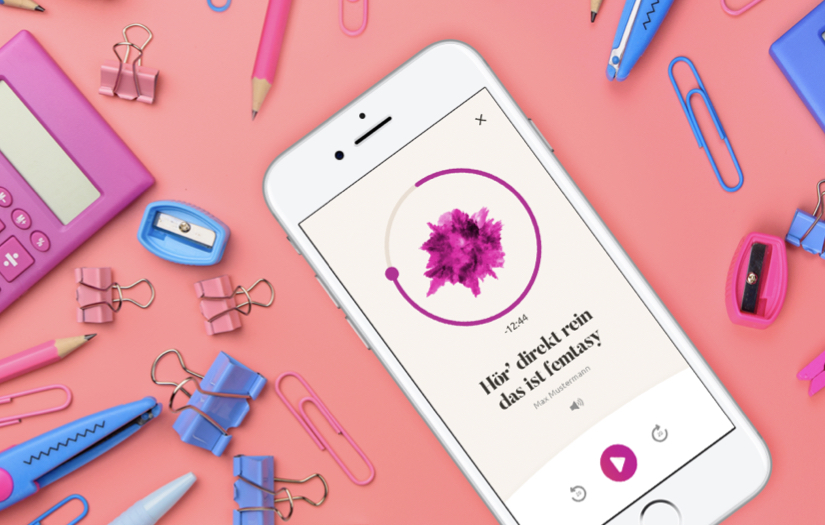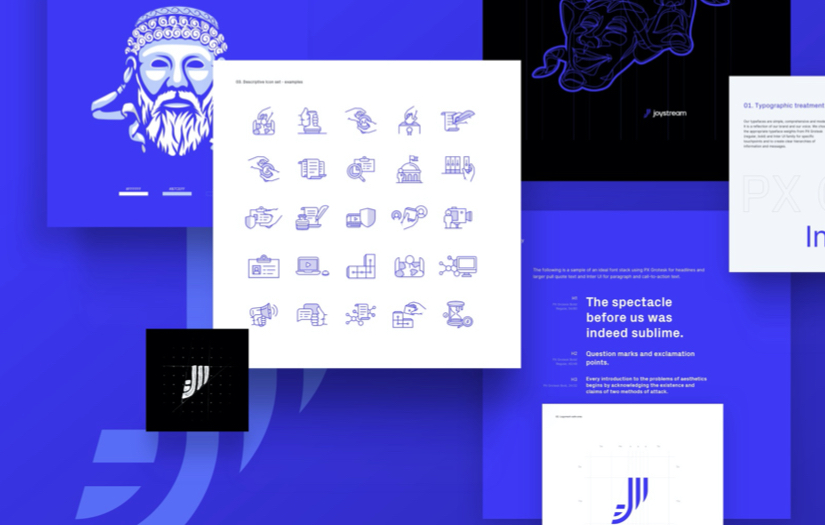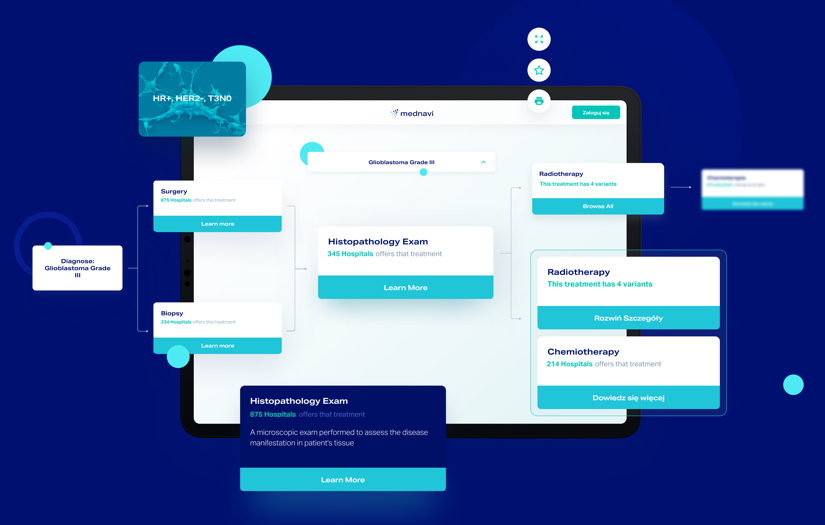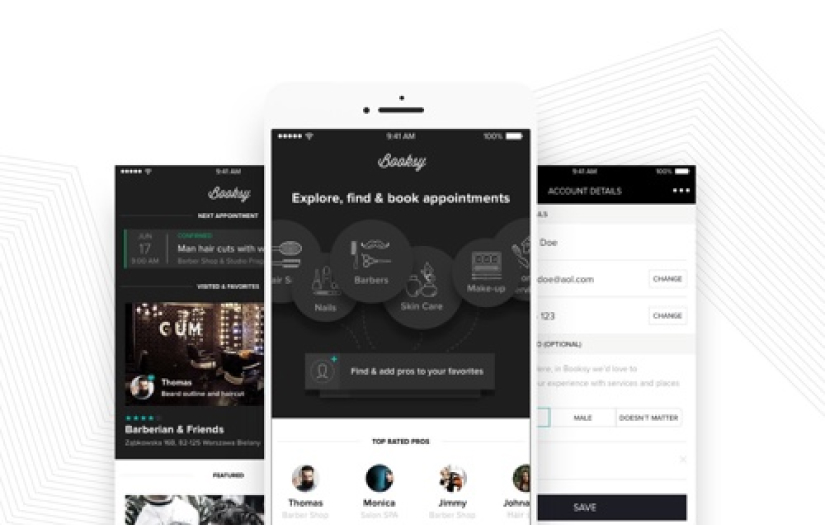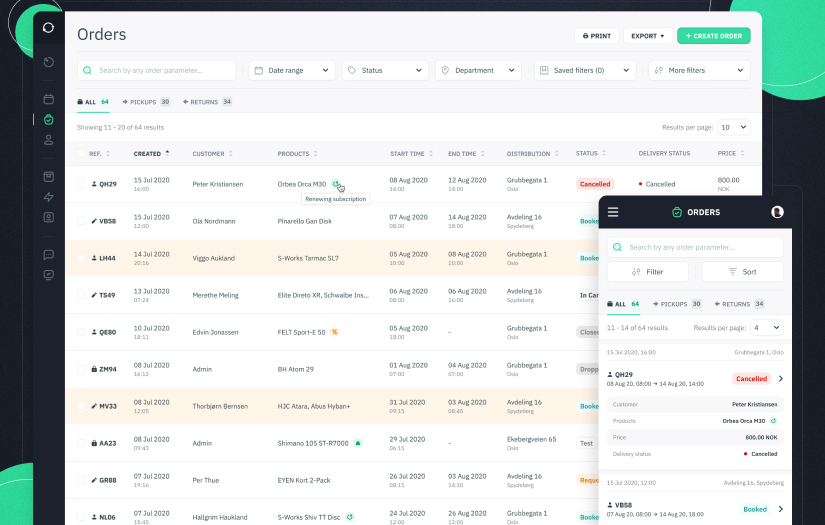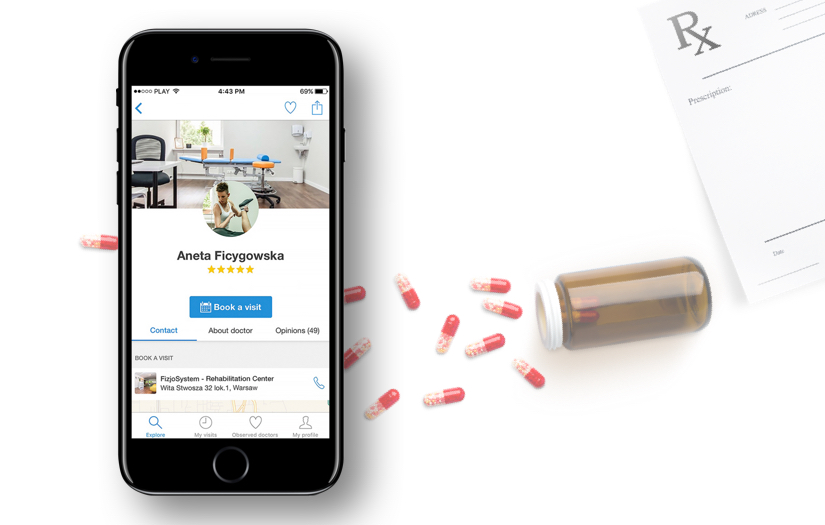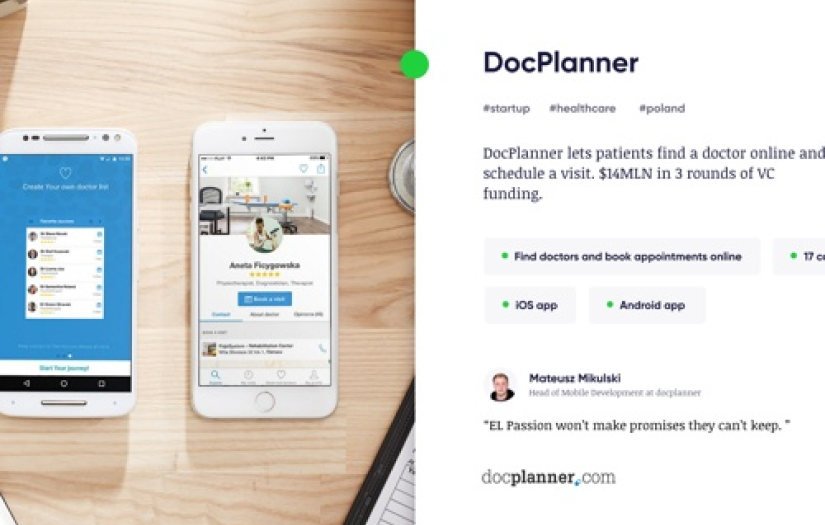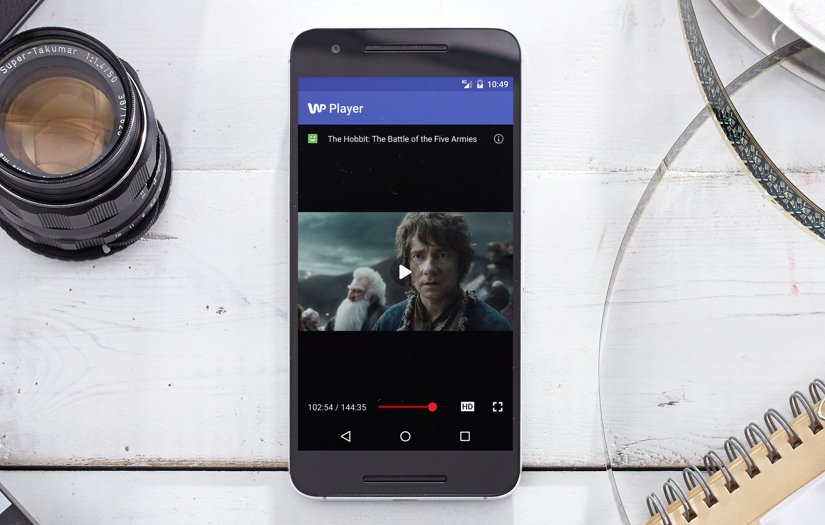

EL Passion
5 Reviews
Verified
Custom Software Development Company
At EL Passion we build digital products for startups, established businesses and corporations worldwide, mainly in the United States and Europe: Germany, Norway, and Sweden. We cooperate with fast-moving companies in Healthtech, Digital Entertainment and Business services industries.
We are a custom software development studio with extensive experience in developing Web Apps, PWAs & feature-rich native (iOS & Android) & cross-platform (React Native) mobile apps.
Over 12 years in the business gave us time to master our processes and become fluent in true Agile product development.
Hire us for:
- Web and Mobile Development
- Design Strategy, UX & UI Design
- Product Design Workshop
We've got a proved track record
- 400+ delivered projects
- 28 markets with our products
- 60+ experts onboard
 Poland
Poland
Grzybowska 62,
Warsaw,
Warsaw
00-844
48792541588
$50 - $99/hr
50 - 249
2011
Service Focus
Industry Focus
- Healthcare & Medical - 30%
- Business Services - 20%
- Art, Entertainment & Music - 15%
- Hospitality - 15%
- Gaming - 10%
- Consumer Products - 5%
- Financial & Payments - 5%
Client Focus
50% Small Business
30% Medium Business
20% Large Business
Review Analytics of EL Passion
- 5
- Total Reviews
- 5.0/5
- Overall Rating
- 0
- Recent Reviews
What Users Say
Great partner to work with
El Passion a fantastic full-stack app development team
Great for MVP & Extending team
EL Passion - professional and efficient yet not stiff
Perfect people to build Your product
What Users Like The Most
- Product development understanding and agile approach to problem solving
- Pricing and quality of work
- Honest and reliable management. High level developers and designers. Very fair and personal business conduct.
What Users Like The Least
- Speed
Detailed Reviews of EL Passion
5 Reviews
- All Services
- Mobile App Development
- Web Design
- Relevance
- Most Recent
- Rating: high to low
- Rating: low to high

True Inside
Posted on Apr 06, 2020

chris redie
Posted on Feb 27, 2020
El Passion a fantastic full-stack app development team

Paul Jamil, Founder & CEO at Pivotflow
Posted on Sep 17, 2019
Great for MVP & Extending team

Jakub Kozłowski
Posted on Sep 11, 2019
EL Passion - professional and efficient yet not stiff

Mateusz Mikulski, Head of Mobile at DocPlanner
Posted on Sep 19, 2018
Perfect people to build Your product
Client Portfolio of EL Passion
Project Industry
- Business Services - 10.0%
- Healthcare & Medical - 30.0%
- Other Industries - 20.0%
- Art, Entertainment & Music - 20.0%
- Media - 10.0%
- Hospitality - 10.0%
Major Industry Focus
Healthcare & Medical
Project Cost
- $100001 to $500000 - 20.0%
- Not Disclosed - 60.0%
- $50001 to $100000 - 10.0%
- $10001 to $50000 - 10.0%
Common Project Cost
Not Disclosed
Project Timeline
- 1 to 25 Weeks - 30.0%
- 26 to 50 Weeks - 30.0%
- 51 to 100 Weeks - 40.0%
Project Timeline
51 to 100 Weeks
Clients: 9
- EY VCO
- Runwell
- Polaroid
- Lifeness
- Varner
- Femtasy
- Nixa
- Mothership
- Benefit System
Portfolios: 10
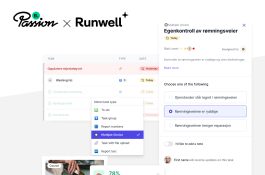
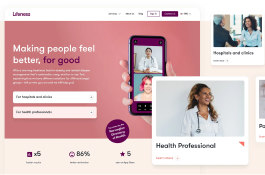
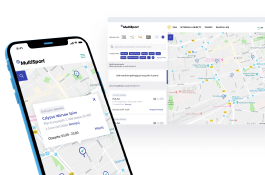
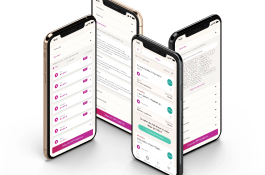
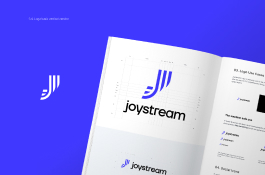
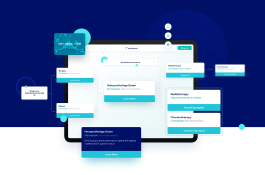
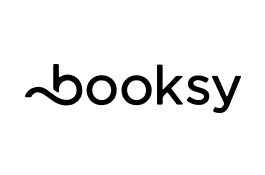
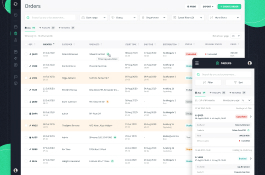
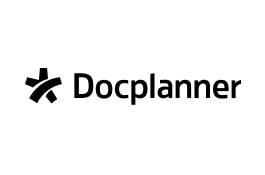
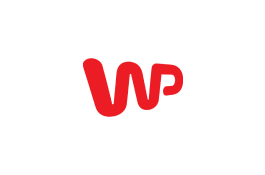
Executive Interview of EL Passion

Anna Elwart
CEO
Please introduce your company and give a brief about your role within the organization.
EL Passion is an Agile design & development agency with 12 years of experience in the market. We build web, mobile, and cross-platform apps that scale and change the rules of the game. With more than 400 projects under our name, including Polaroid, Booksy, Docplanner, Lifeness, and Runwell, our expertise focuses on health tech, hospitality, entertainment, and B2B services products. I am the CEO of EL Passion and together with the team, we were able to reshape the company in 2020 to fit the new market standard and further expand our services to offer Webflow development and Agile Project Management services on demand.
What is the story behind starting this company?
EL Passion was established in 2011 by programming enthusiasts and maintaining this energy has always been a predominant criterion for EL Passion’s growth, recruiting, and delivering projects. We strive to continually expand our competencies in the area of design, development, and Agile delivery to provide the best possible results for our clients, and do so in the most efficient manner. Our internal tools continue to streamline the design & development work we do for our clients, and our most recent internal AI project (08.2023) proves yet again we’re not slowing down in the research of new ways of doing that and adapting to the constantly changing market landscape.
What is your company’s business model–in-house team or third party vendors/ outsourcing?
We are an in-house team of 60+ experts in areas of design, development, and Agile project management. We take pride in our recruitment process which allows us to get access to the best of the best talent out there. Our Designers and developers work in small self-managed teams that enable us to solve arising issues and manage project risks more quickly and efficiently. Thanks to their experience of working on projects together before, we are able to significantly speed up the work and reduce any communication obstacles. When we work with external partners it is always a company from our curated list that is adjusted and well-fitted with our workflow and can maintain our quality standards.
How does your company differentiate itself from the competition?
There’s a sea of agencies out there, but if I had to describe EL Passion I’d mention three crucial elements of our workflow: self-managed teams, true Agility, and building products holistically. We’re an agency where you bring us what you have and we just make it work, from the strategy phase, up to the development and maintenance.
Thanks to our approach, self-managed teams, and Agility we’re able to focus on both: the nitty-gritty of the project while still seeing the big picture. This has proved to be an efficient approach and it has worked for our clients as they continue to get funding and new users to enhance their products further. And this is, I feel, always the best promo for our services.
What industries do you generally cater to? Are your customers repetitive? If yes, what ratio of clients has been repetitive to you?
Our expertise lies in the industries of healthtech, entertainment, B2B services, and hospitality. We have a portfolio of long-term clients from those industries, e.g. Lifeness, Polaroid, Betterworks, and Runwell. Thanks to our experience and teams’ domain knowledge in these areas, we are able to build products from scratch, but also jump in at a later stage of the product development to expand it or serve as a team extension to your internal team.
Please share some of the services that you offer for which clients approach you the most for?
We are able to help you define, design, and develop the project from scratch, but also approach a project at every stage of the product development. Think of us as a one-stop shop for all things software development. Thanks to the diverse talent we have available, we are able to pretty much always find a good fit for the problem our clients face. We also offer tech, design, and Agile delivery consultations, because sometimes underlying issues make it difficult to pinpoint the exact challenge.
What is your customer satisfaction rate according to you? What steps do you take to cater to your customer’s needs and requirements?
Wanting to constantly improve our customer experience, we do measure customer satisfaction in every project and the newest number is 96%. Some of the things that clients usually mention are quick risk management, fast response to obstacles, and offering alternate solutions. We are able to achieve this through regular checkup calls, we call them “pulse checks” to actually be aware of any problems, or questions that clients might have. In the long run, this improves communication and allows everyone to be on the same page with the project and project decisions.
What kind of support system do you offer to your clients for catering to their queries and issues?
We stay in touch with the client throughout the entire cooperation, so they are able to voice their opinions in real-time as the project progresses. But before kicking off the project we also organize the work in a thought-through manner and it is pretty much always a custom setting. When the project logic needs it, we do offer our Tech Team Leads support and Agile Project Management to ensure seamless cooperation and fast, satisfactory delivery.
What kind of payment structure do you follow to bill your clients? Is it Pay per Feature, Fixed Cost, Pay per Milestone (could be in phases, months, versions etc.)
We work in a Time and material model that allows us to maintain a true Agile delivery of projects for our clients. What it means in simple words is that you pay for the work and the expertise of the hired teams and, as opposed to the Waterfall model, you are not constrained by set-in-stone requirements you need to have prepared before the project kickoff. Agile and Time and material models are better adjusted for software development environments as they give you space to react to changes and project risks in a more flexible way and in real-time. We do, however, offer fixed prices on Webflow projects, which are, by nature easily manageable
Do you take in projects which meet your basic budget requirement? If yes, what is the minimum requirement? If not, on what minimum budget you have worked for?
Our minimum budget for full-scope projects involving the design & development of a web or mobile app is a minimum of $80-100k. But we also offer our support as separate services, so the prices can vary.
What is the price range (min and max) of the projects that you catered to in 2022?
In 2022 our projects’ ranged between $80k up to $200k.
Where do you see your company in the next 10 years?
Wow, 10 years is definitely a long time, especially for the tech sector that grows and develops at a speed unseen before in any other industry, I think. What I hope for EL Passion is that we maintain our software development services leader position and continue to learn, test new things, and move in the right direction to offer our clients the best possible services out there.
